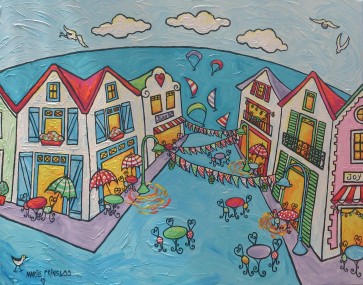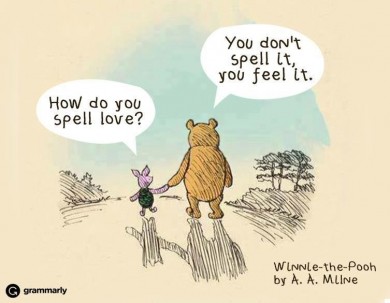How badly do you want to be a good couples therapist?
Being a good couples therapist requires determining what you really believe about people and relationships, and then pouring yourself into the practice of a philosophy and theory. Getting to a place where you can practice what you believe, will go a long way in making you a good couples therapist.
I was fortunate to have been trained in a Masters program that insisted that we select one theoretical orientation to practice from. They were not prescriptive about which family systems orientation to adopted, but we did have to make a decision and then dedicate ourselves to the approach. And so once I had decided, every paper that I wrote over the next 3 years, had to represent a theoretical view of change. I searched and searched to find a philosophy of therapy that I believed in. And it’s paid off. Not only externally in terms of my practice effectiveness, but also internally in my confidence in what I believe in and what I do.
Lebow’s (2012) research looks at the factors for change across different models of couples’ therapy. He shows that it’s not a therapists age, gender, race or even experience that determines success. The factors that do affect outcome of treatment are the therapist’s friendliness, sensitivity and a good balance of being directive and non-directive. Alliance is key because the longer clients stay in treatment the better chance they have for success. Alliance is about having a common goal, as well as keeping even the strength of the individual alliance with each partner. The therapist’s passion about their approach makes a difference. If you believe in your approach, the client feels it and adopt the philosophy.
This makes it important for therapist to know what they are doing, to be able to communicate this to their clients and to do so congruently.

I’m reminded by the early wisdom of Socrates who said “Know Thyself”. Having the courage to question our self is so important in our becoming clear, integrated human beings. And therapists, who are taking other people’s lives into their hands, have a responsibility to do the same.
So how do you figure out what you believe and which theory fits best for you? What do you believe about each of these aspects of psychology:

What is normal and abnormal behavior?
What needs to change for people to be more integrated?
How do people change and how do we bring that about as clinicians.
What Unit of Treatment will you work with and why?
My theory of choice is Emotionally Focused Therapy. EFT is based on Attachment Theory, Experiential Theory and Systems Theory.
Attachment Theory:
We foster the creation of secure bonds between people. Attachment assumes that people are designed to live in relationship. Close connections keep us safe in times of danger.
Experiential theory:
We expand and re-organize key emotional responses. Experiential theory believes that when emotion is unprocessed, it results in symptoms. The best way to process emotion is in the present, and so the work is in the here and now. People who experience the right environment, are able to make changes and adjust better to life, and so the therapist’s role is that of creating safety and building a relationship with the client.
Systems theory:
We create a shift in partner’s interactional positions and initiate new cycles of interaction. Communication theory states that we are affected by the behavior/communication of those around us, and this easily leads to negative feedback loops. These circular loops give way to rigid cycles that become self-maintaining. The job of the therapist is to recognize the rigid pattern and we make it explicit.
As you approach what you do in the therapy you practice, take a good look at the assumptions underlying your theoretical foundation. And ask yourself whether this is something you believe in as a person. Asking yourself these tough questions is essential. Once you know what you believe in and why, you will better be able to communicate this to your clients, and as we have seen, the research shows that it makes a difference. Your clients are aware of your approach and your passion.

